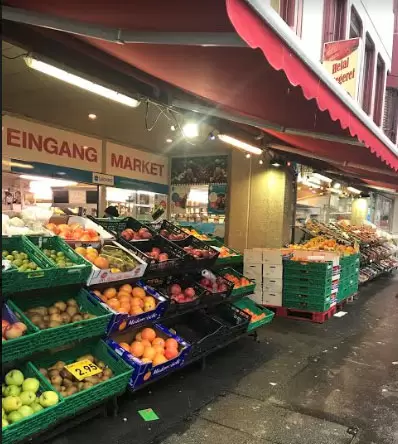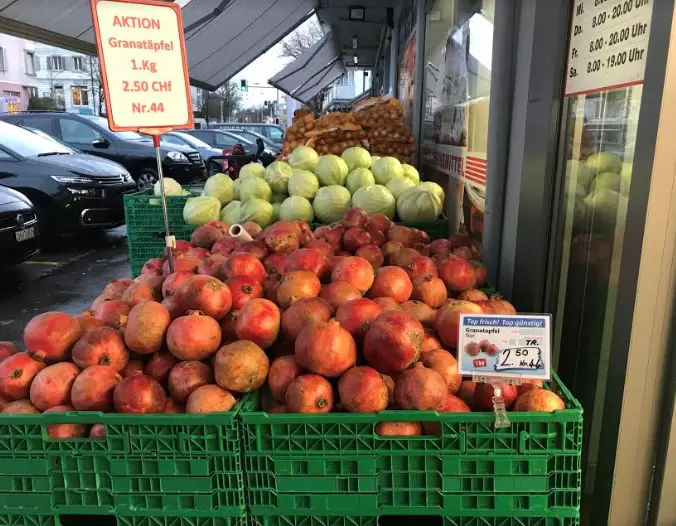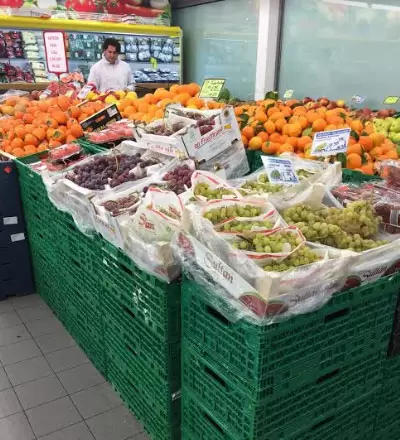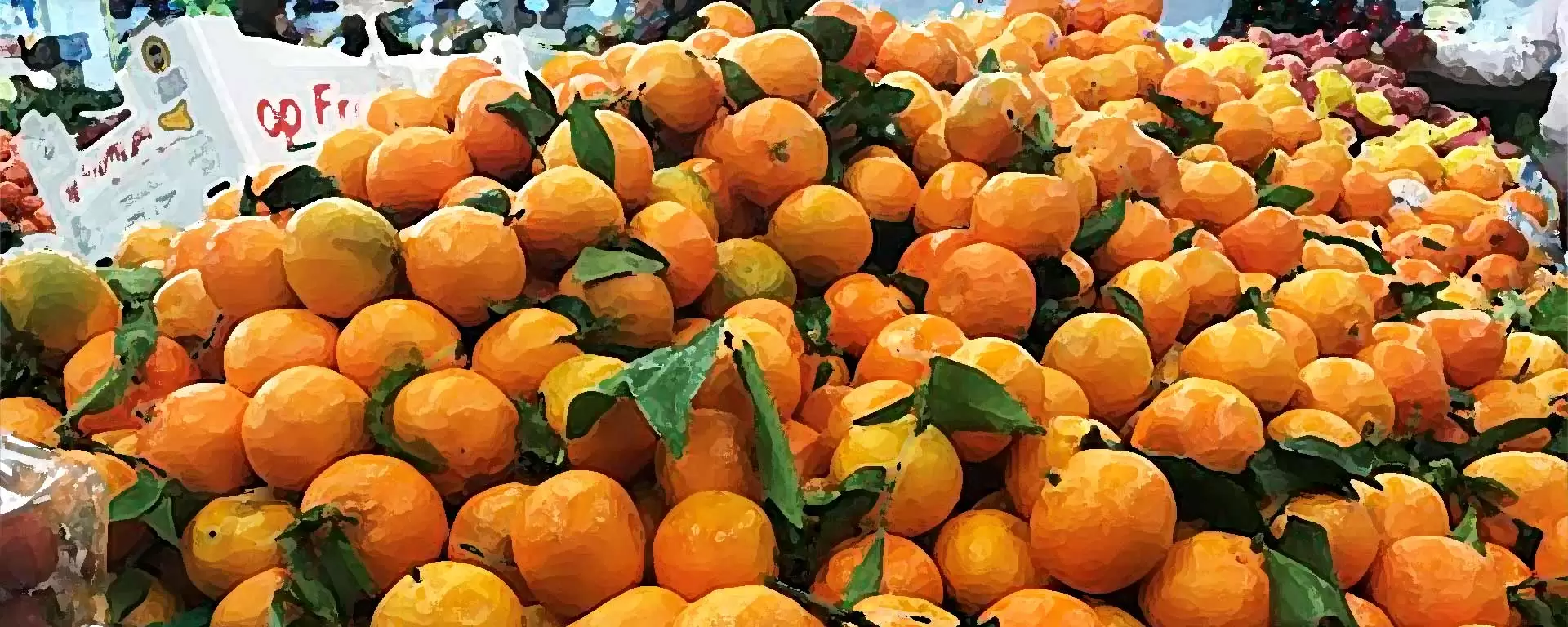Introduction
Hi everyone,
We began a project with a school class from Izmir, Turkey. A new challenge for all of us.
Food is food and everyone adores to eat, but do we really think from where all the food is coming and how sustainable it is? So we decided to take a topic which includes food in it, but just food was not our behaviour. Food sustainability makes the topic more interesting.As mentioned above, food is a main part of our life and it will always be. We can see in the shops more and more labels with organic or sustainable food and others which are not signed with a label.
At the beginning we asked ourselves the questions which you can find in our interview below.
Also our Izmir team mates Dogukan, Melih, Oguzcan and Mert Rahman did an Interview about Sustainable Food in Izmir. Check it out here: Izmir Sustainable Food Project »
What does sustainable food mean?
Sustainable means…
Ecological responsibility
-Low greenhouse gas emissions
-soil and water is maintained or improved
-livestock (Tierzucht) are treated humanely (menschenwürdig)
-Biodiversity and ecosystems are protected and preserved
Fairness and accessible
-Farmers, fishers and food workers have a liveable (erträglich) income
-All people have access to a basic affordable nutritious diet
Local
-Provides high quality and freshness
-Minimizes food miles travelling and greenhouse gas emissions
-Supports local farms, fishers and producers’ development
No Waste
-Packaging and waste kept out of landfills (Deponien)
-Fewer resources used to meet needs (Bedarf decken)
Healthy
-Healthy food is a key foundation for healthy humans

Interview in a Turkish shop
A short introduction
On 8 December 2017 we went to a Turkish shop in Zurich to make an interview with the owner of this shop. We went to a Turkish store, because our partner class is from Izmir, Turkey, and we wanted to have a connection to them. The Turkish shop is very big and it is based in Zurich-Oerlikon, which is very popular. This is why we have chosen this Turkish store.
Unfortunately, we were not allowed to record our interview partner while speaking but he allowed us to record only his voice so we did it with our phone. We have translated the text in English. Sorry for any grammar or language mistakes.

The interview
Do you sell vegetables and fruits from Turkey?
Yes, we have a lot of products from Turkey, however, it depends which season we have. That means that you get for example in winter pomegranate, khaki and such things, because it is their ripening season at the moment. There are products which we get from Switzerland also, but not everything. There are products from Spain, Italy, Turkey even from Latin America. Because of the Swiss laws we first have to sell all the Swiss products and after that, the products from the other country. That means for example that the Swiss farmer has to sell first his tomatoes and if the need is used up, then we are allowed to import the products from abroad.
How do you concentrate for the sustainability of the products? Does it play a big role or rather a small one?
We give very much value, on the fact that the products have a good position. We want quality instead of quantity. Meanwhile the customer pays for vegetables and fruits a little bit more, because it is organic or a sustainable product. But our philosophy is, that we order every day the products freshly and we go rather on the masses than on one single product. Because of that we can also sell more and lay every day fresh vegetables and fruits.
Do you know if the farmers sprays the vegetables and the fruits with pesticides?
It depends on it. For example, there are certain fruits or vegetables, they have to be sprayed, otherwise they would discourage and we would not have fresh products. If we say right now, a farmer would not use any pesticides on some fruits and vegetables would be quickly damaged and not eatable. Therefor for example in Switzerland we would not have any apples. On the one hand we need to understand it and on the other hand they have to put up with this if we want fresh products. However, there is also the greenhouse which are guarded round-the-clock and there the pesticide is not used.
How are the products transported? For example, from Turkey.
It depends on it. Some flew in, others were transported by the truck and some are supplied by the ships, it is always different. It also depends on the product, for example many products come from Italy by truck or by ship. So it is really very different how the products came to us.

So you already mentioned from where the products are, but do you have also some products only from a Swiss farmer?
It is different. If, for example, tomatoes have gone out from a farmer, we need to order from another Swiss farmer or get it abroad. And so, you are not able to catch up something only from a farmer and it is a free market, there you look just what you get.
And did you notice that customers are interested only on the seasonal products?
It has got people for who it does not depend, but there are also people for whom the organic and seasonal food are important. I had recently a customer, she had said that she eats Clementine only shortly before Christmas, when it is really ripe. It is also with the Balkan people. They shop “Turschi” only if it is season. It is in such a way, as if someone asks in winter for strawberries. Firstly, they do not taste good in winter and secondly, if they taste good, they are extremely expensive, because it is not in the season time. And they are never as good as they are in summer.
Are you interested in the lastingness?
It is important for us that it is right from the quality. And the products with lasting effect are transported, which plays an important role for us. We consider in the long term and also about our future. We have also nothing of it, if we have from a product 1 tons in one year but the next year have nothing of this product. So it is quite important for us to include such plans for a long term and we pay attention for it. Besides the earnings of the farmer we consider also for the trader and the environment.

Which products are now exactly from Turkey?
The pomegranates, khaki and cucumbers. As I said it is always different. Look here an Italian product and this fruits are all from Switzerland (he showed us fruits).
If you import from Turkey, do you also know from which farmer it comes?
We know the wholesaler who delivers the products to us and of course they know the farmers. We know from which farmer the products are, because it is also declared on the package. But personally we do not know the farmers from Turkey.
Do you also have products from Izmir?
Yes, once we had, but at the moment not. What is liked very much, which comes from Izmir, are peaches which unfortunately comes only in summer.
We (Gözde and Melanie) thank you very much for the interview.
8.12.17, Zürich-Oerlikon

You can find below our video which we made in the Turkish shop.
Excursion Sustainable Food Team – Melanie and Gözde from circ-circ on Vimeo.
Conclusion
Before we have started this project, we had never dealt with sustainability. It is sure that a few people do not even know what sustainability is or if the food on their plates is always sustainable. Costumers as well as sellers should always be concerned with sustainability (in the food area). In this way, we can achieve the goal for the environment together.
It is important for our environment that we take care and consume only fruits and vegetables which are seasonable. When we check this or ask which products are seasonable some of us would have a better conscience. Trust us!
The project was quite exciting as well as a new challenge to work with a class from Izmir. You also have a certain responsibility when you think about such a project. Anyway, it was a great experience to work with the Izmir class and see how firmly Izmir deals with sustainability.
Your Sustainable Food Team
Gözde and Melanie (Team Zürich)
Also our Izmir team mates Dogukan, Melih, Oguzcan and Mert Rahman did an Interview about Sustainable Food in Izmir. Check it out here: Izmir Sustainable Food Project »
☷ See the project teams here »
☵ Some words about the contributions »
☴ Our sponsors and partners » (the-horse.education)

Thank you, Gözde and Melanie, for this article! Personally, I try hard to buy fruits and vegetables from the region. Unfortunately, this is especially in winter not always easy.
I loved that you used several self-made photos and different colors to pimp it up! I think the interview is interesting to read and I also learned a lot of new things! For example, I did not know that farmers must spray certain fruits or vegetables for that they do not get spoiled.
From my point of view, I think it would have been interesting to know how many regional products are actually sold / consumed in Switzerland compared to Turkey? What do you think?
Dear Sustainable Food Team,
Firstly, I think your posts design was very fitting to the topic. I liked that you made pictures yourself from the shop and the fruits and vegetables. Furthermore, I liked the idea to make your interview in a Turkish shop so you could have some kind of connection between your other Teammates in Turkey. The Interview was rather long from my point of view, maybe the next time it could be summarised a bit more?
I think especially these days it is very important that we think about the sustainability of our food. A lot of food is thrown away at the end of the day because it could not be sold or is not complying with the standard that is given and also expected by the customers. The way I see it is that we really need to overthink our food consumption habits to control our production of food waste. I hope we can call peoples attention to this important topic and make them realise what is really going on.
I really enjoyed reading your article and maybe in the near future shops in Switzerland will only sell fruits and vegetables from local farms and producers.
Kind regards,
Laura
Dear Gödze and Melanie
I like your text about sustainable food especially the interview.
I think it makes something more interesting and more fun to read.
It is very good that you translated difficult words. You can write very good and it is easy to understand. I also liked the picture. Sadly you didn\’t get a picture from the interview partner. As you told sustainable food is a very important topic today. People should reflect more about a product from where it come from before they buy it. And if it is really fair.
I am interested if you are looking if your food is sustainable and if you have ever eaten turkish food?
Dear Sustainable Food Team
I like the way you wrote your contribution. You used a lot of colors and I understand what you wrote. Your contribution is kinda long. Maybe there is a chance to keep it shorter. You wrote a lot about fruits and vegetables but it would be interesting if you can write something about the meat production. The pictures are good and have a good quality.
The best part for me is the introduction. I like the colors and the line-up. Good job!